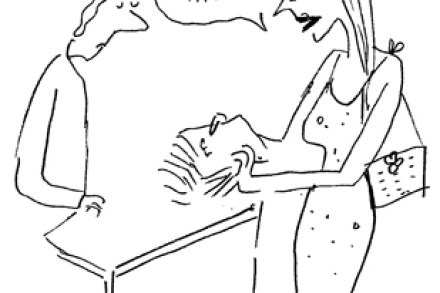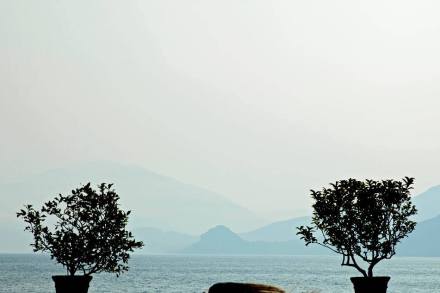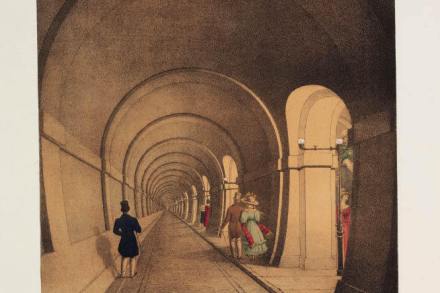Rethinking High-Speed Rail
Previously, I’ve supported the government’s plans for High-Speed Rail, even though the “business case” for them has always struck me as being pretty weak*. On reflection, I’m not sure I was right. The case for HSR in Britain is weaker than I allowed. Not because HSR is undesirable (I still think it could be useful) but because reducing train times between London, Birmingham, Manchester and Leeds is, though useful, not enough to justify spending £33bn on the project. Or, to put it another way, I suspect it really is a misallocation of resources since this money might more usefully be spent alleviating congestion in the south-east of England while also







